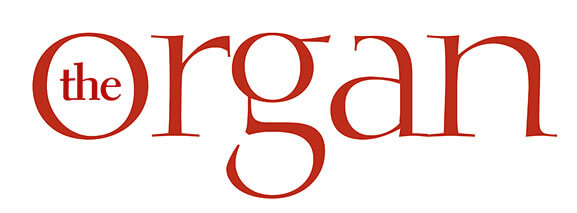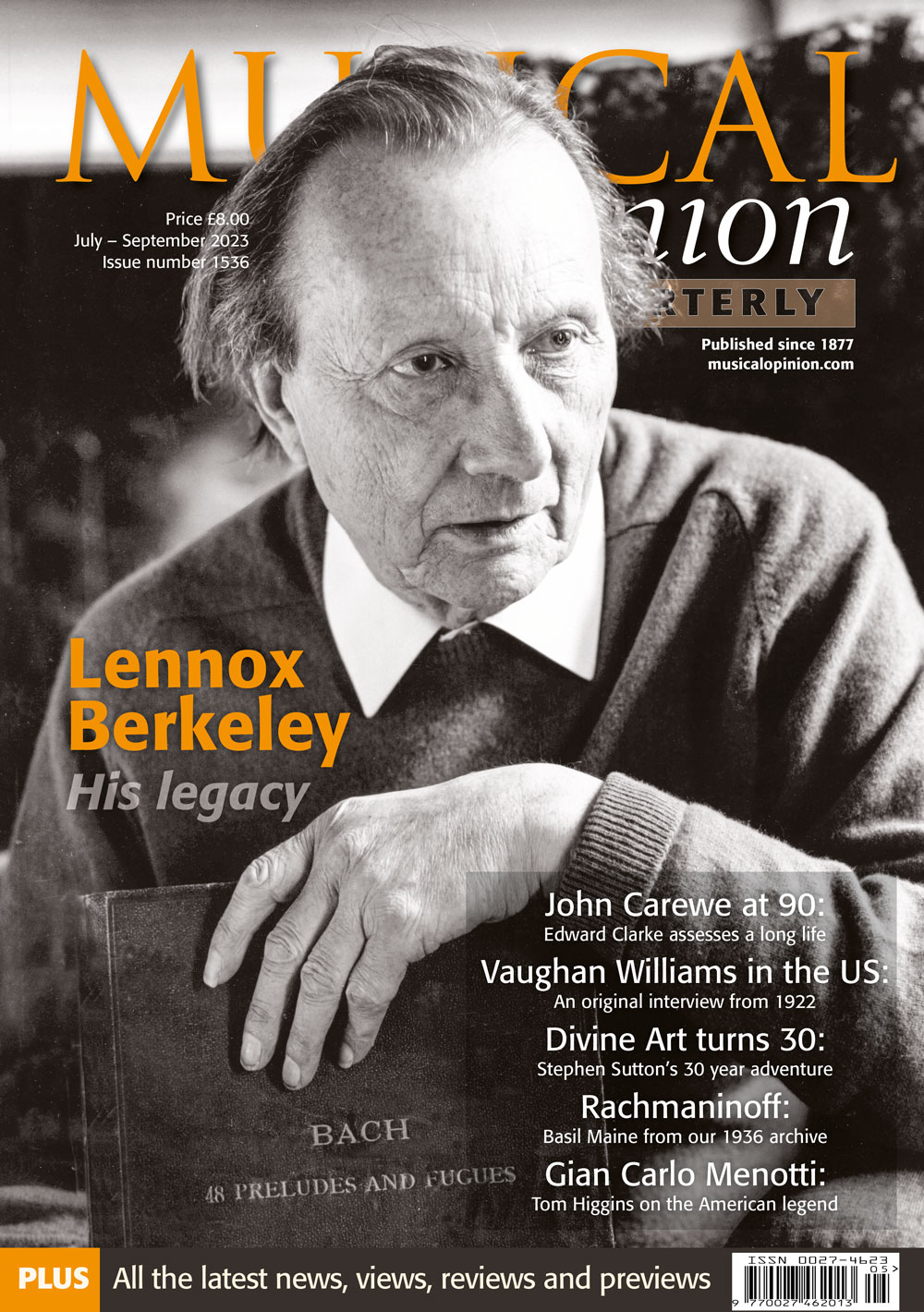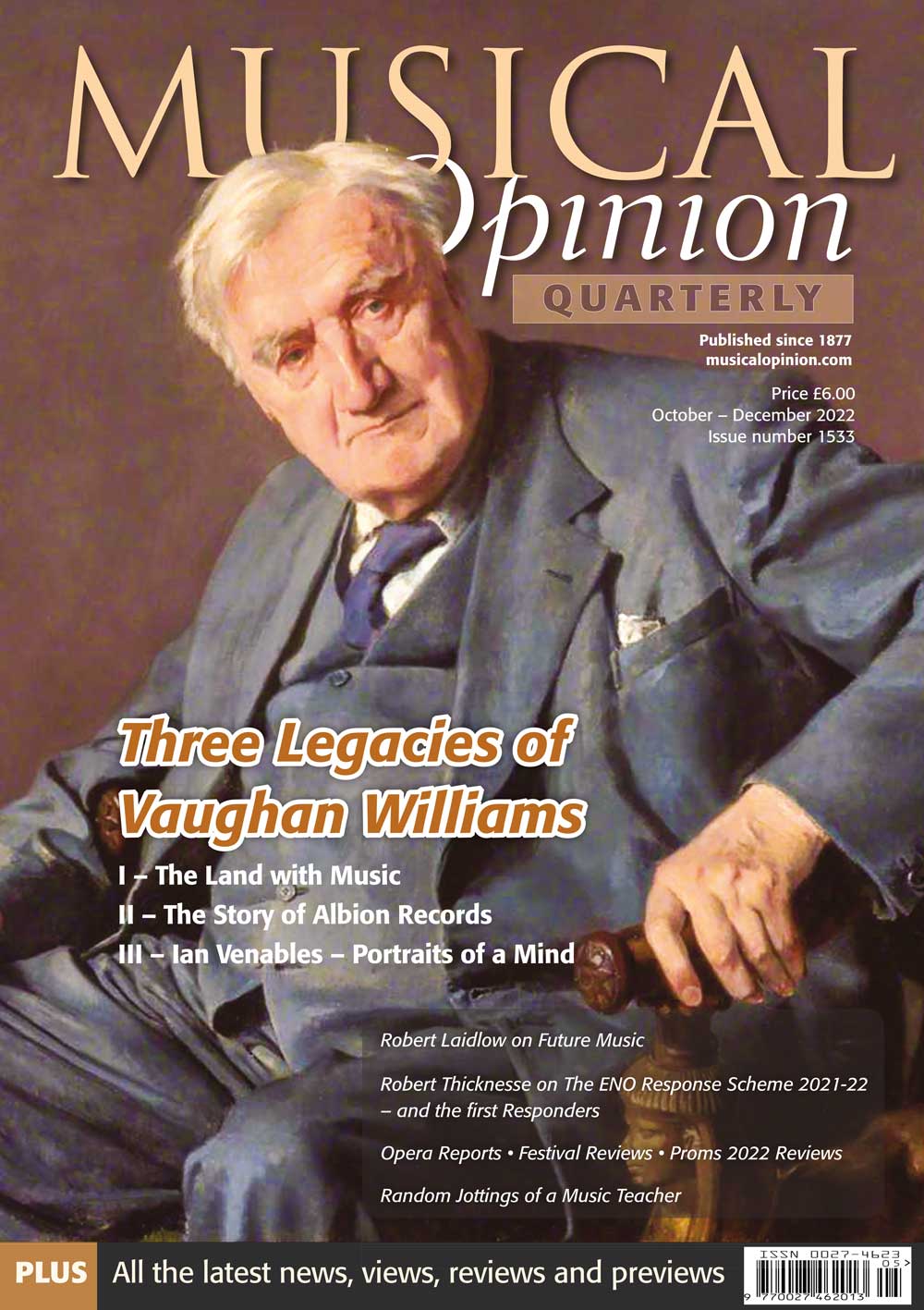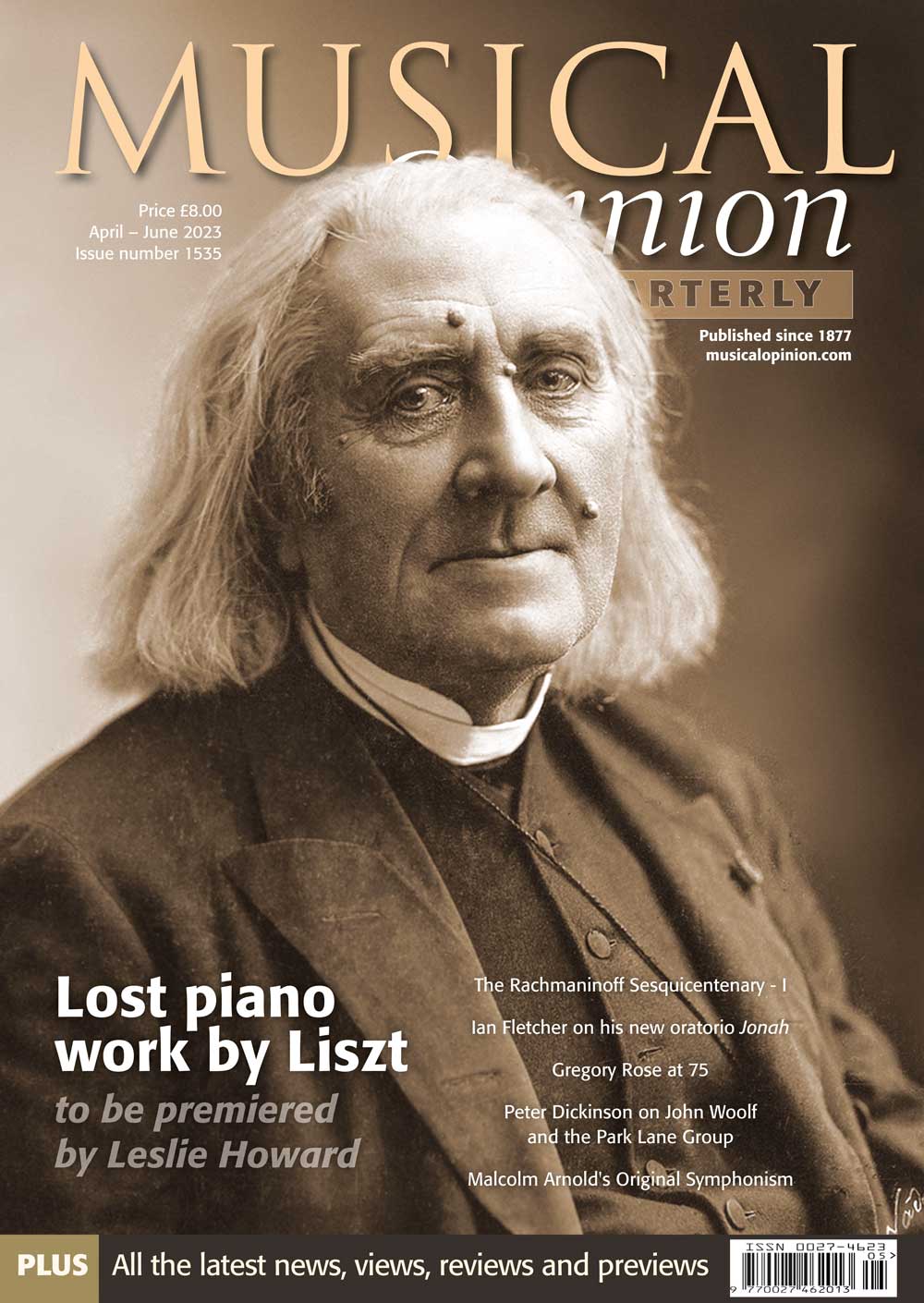Previous Issues
Autumn 2024. 410
Summer 2024. 409
Suite de Pièces pour Violon et Orgue
Spring 2024. 408
Winter 2024. 407
Autumn 2023. 406
Summer 2023. 405
Spring 2023. 404
Winter 2023. 403
Summer 2022. 401
Spring 2021. 400
Winter 2021. 399
Autumn 2021. 398
Whilst staying at A4 size and 56 pages, the magazine has been completely redesigned with different fonts (more easy to read), bigger photopgraphs, more focus on things like specifications and more CD reviews of organ repertoire.
Summer 2021. 397
Winter 2021. 395
Spring 2021. 396
Autumn 2020. 394
Summer 2020. 393
Spring 2020. 392
Winter 2019. 390
Explore By Topic
Autumn 2022. 402
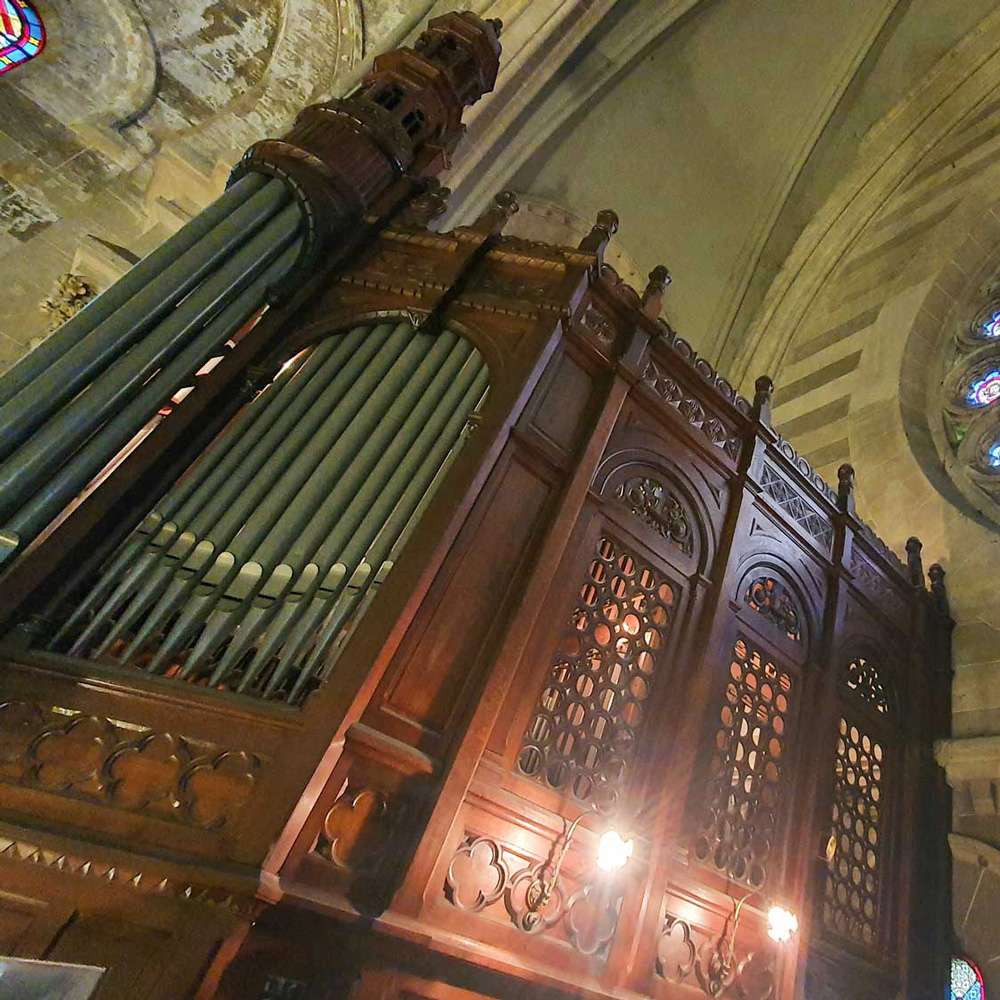
Organ landscapes in Argentina
Dr Michał Szostak
In June 2022, I visited South and Latin Americas for the first time in my life. During 17 days of an extensive tour, I performed ten recitals in Brazil, Argentina, Chile and Panama. These territories are not often a topic of organ matters, or the consideration from the European perspective, but I would like to change this pattern a little because there are three fundamental reasons for that. The first is a significant number of instruments imported from Europe in the second part of the 19th century and the beginning of the 20th century made by the most refined French, German, Italian and British organ builders. The second reason is the high level of originality of these instruments because – due to several factors – these instruments were not altered in many cases. The third reason is the local society’s limited interest in organ music; consequently, organ performance and organ maintenance education possibilities are meagre and focused on the traditional (but not institutionalised) master-pupil exchange of knowledge and skills. Due to the extensive scope of organ issues in the South and Latin Americas, this article is focused only on the Argentinian organ landscape.
The first impression after entering Buenos Aires, the capital city of Argentina, is its similarity to the big European cities like Paris, London and Madrid. WITH FULL SPECIFICATIONS
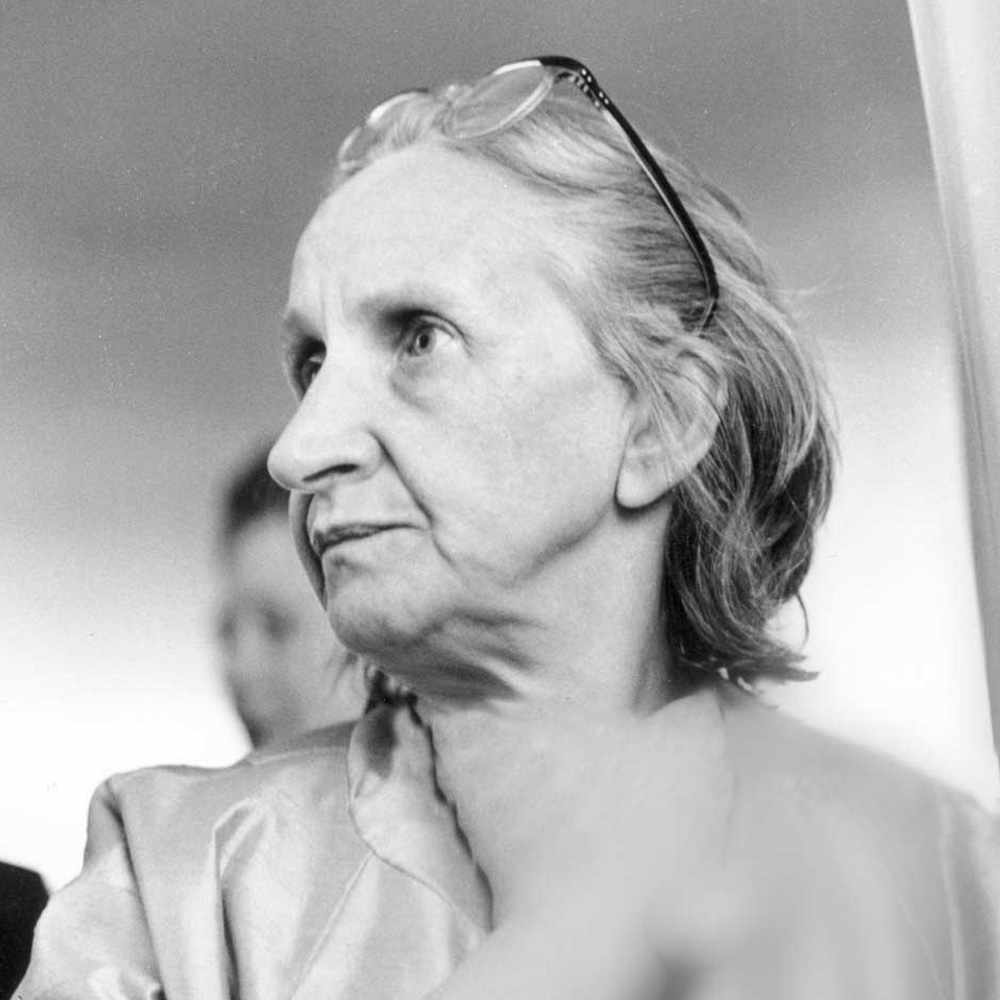
The Organ Music of Elisabeth Lutyens
Tom Winpenny
Elisabeth Lutyens (1906–83) was a determined and strong character, who carved out a career as a professional composer against the odds presented by the combination of societal norms and her own, often challenging, personal situation. From the age of nine she was intent on becoming a composer, to the astonishment of her parents, the renowned architect Sir Edwin Lutyens and the aristocratic Lady Emily, née Bulwer-Lytton. Her chequered childhood – she left school at fourteen – was marked by a deep involvement, through her mother, in the esoteric Theosophical Movement, and by the long absences of her aloof father as he worked on the imperial city of New Delhi.
In 1922 Lutyens studied for some months at the École Normale de Musique in Paris before returning to London and beginning a period of study with John Foulds (1880–1939). Foulds was a composer much influenced by Theosophical thought and the music of India; his monumental commemoration of the war dead, A World Requiem, which incorporated biblical texts alongside Hindu poetry, was about to be premiered at the annual Festival of Remembrance. WITH MUSICAL EXAMPLES
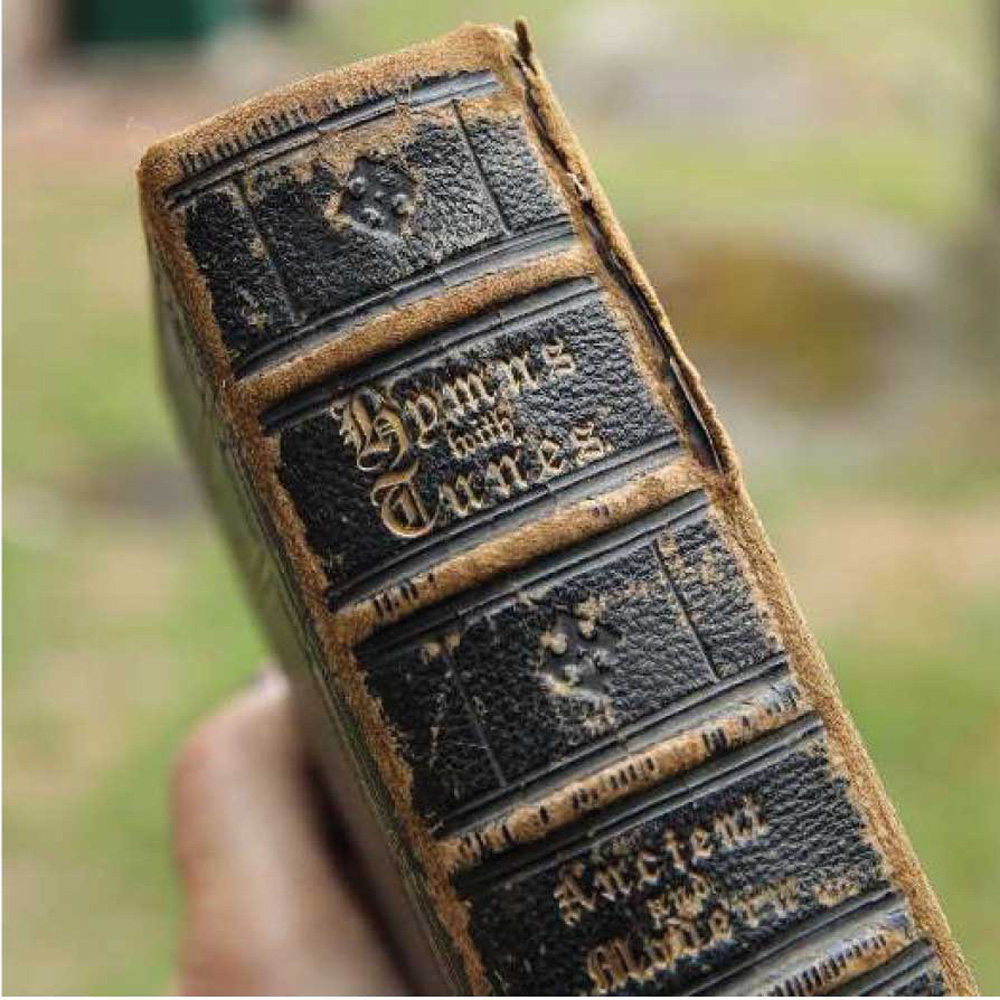
All Saints, Monkland
A Hymn Singing Weekend 30th and 31st July 2022
Something truly important happened in Monkland, Herefordshire on the last weekend of July 2022. A full church celebrated the incredible work of Rev Sir Henry Williams Baker and his colleagues in creating Hymns Ancient and Modern in 1861. It was wonderful to have the church, on both the Saturday and the Sunday, full of an enthusiastic congregation of hymn- singers singing in four-part harmony.
John and Naomi King of the newly formed Hymn Singing Society organised this wonderful event. Their aim being to rekindle and promote authentic singing of the great hymns in parish churches.
There was a morning of traditional hymn singing, a series of lectures, a sung Prayer Book Communion and a full-sung Victorian Choral Evensong. The eager congregation shared a most splendid commemoration of Hymns Ancient and Modern (first edition 1861 and 1868 Supplement).
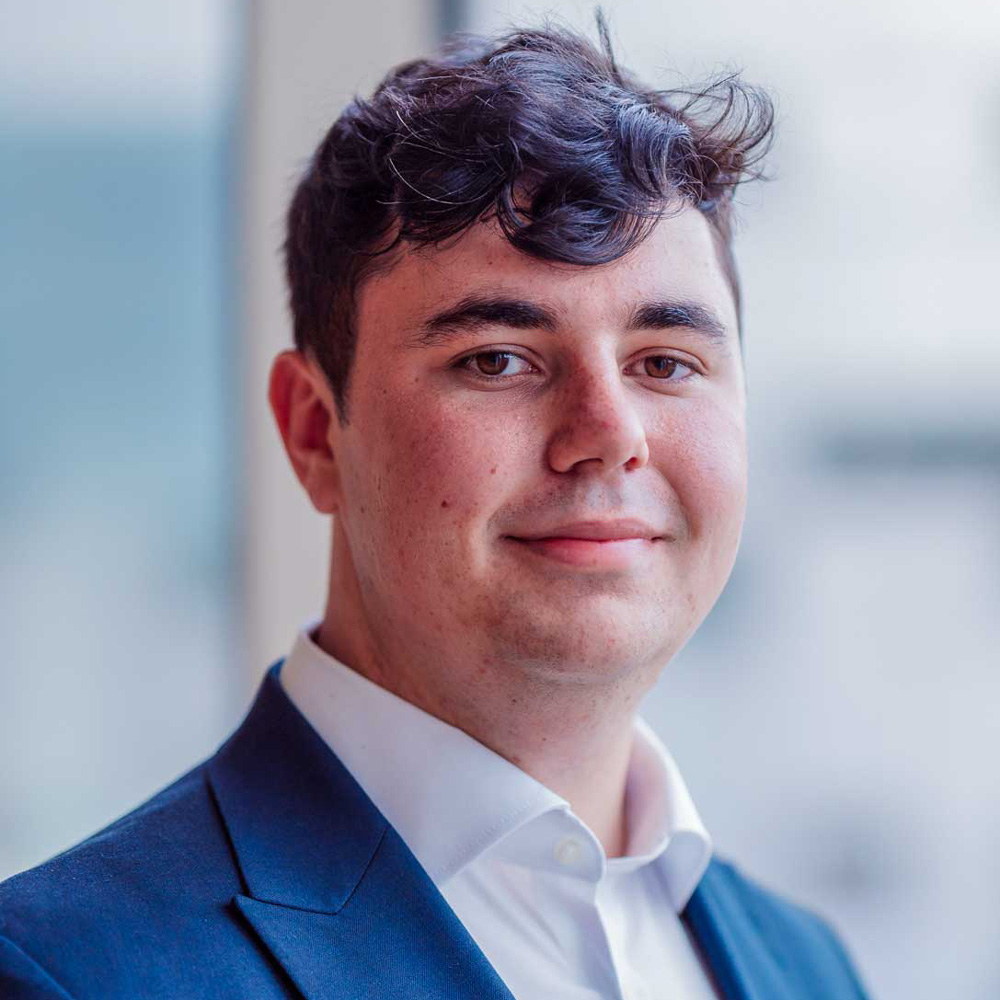
IAO-RCO Organ Playing Competition
Winners announced
Organist Charles Francis has won the IAO-RCO Organ Playing Competition 2022. The final of the IAO-RCO Organ Playing Competition, which is open to organists between the ages of 18 and 26 years, was held as part of the IAO Festival in Edinburgh 2022, which finally returned after two years having being postponed due to the pandemic. Charles, an undergraduate student at Birmingham Conservatoire, was praised by judges for his commanding performance of Reubke’s Sonata on the 94th Psalm and the Concerto in C BWV 595 by J.S. Bach.
Second prize in the competition went to Jonas Schauer, a student at the Felix Mendelssohn Bartholdy University of Music and Theatre in Leipzig; third prize winner was Ashley Wagner, Assistant
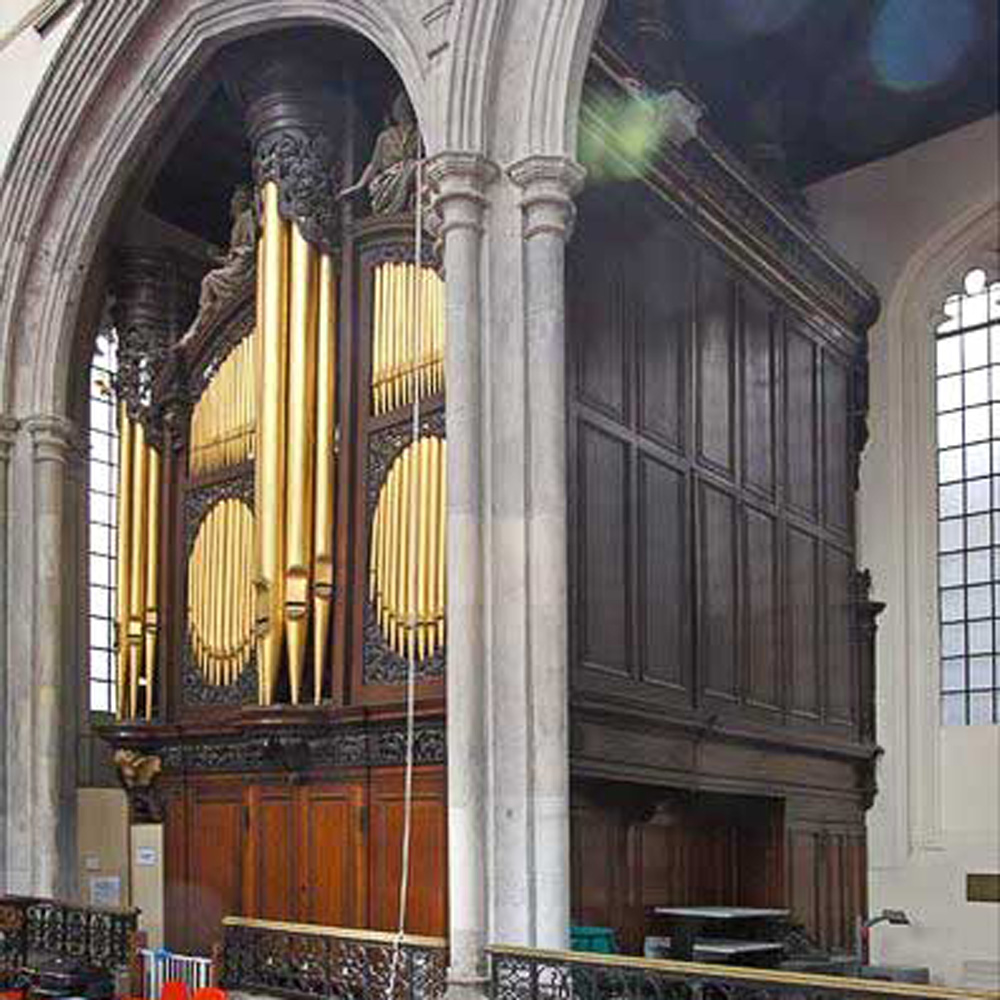
St Andrew Undershaft
Charles William Pearce (1905)
No-one has described the old Spring-time in London more charmingly than has Mr. Saunders, a writer in Charles Knight’s London (vol. I, p. 169). He reconstructs for us the Medieval May-Day procession, consisting of men, women and children ‘all dressed in their gayest habiliments, and laden with green boughs, setting forth towards the place where the May-pole was to be elevated.
The Church of St Andrew the Apostle was called ‘St Andrew Undershaft’ from the circumstance that from time immemorial a May-pole or shaft had been set up there, which towered considerably above it. Long streamers or flags were attached to the pole: summer-halls, bowers and arbours were formed near it; the Lord and Lady of the May were chosen, and decorated with scarfs, ribbons and other braveries, and then the dances, feastings and merriment of the day fairly began. WITH FULL SPECIFICATIONS
